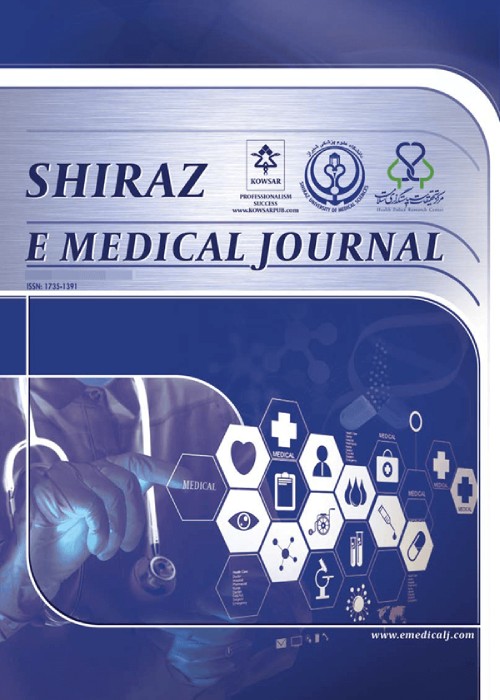Knowledge, Attitude and Practice (KAP) of Dengue Fever in the Rural Area of Central India
Author(s):
Abstract:
Background
Dengue Fever (DF) is an emergent disease in India. It is endemic in some parts of country and contributes annual outbreaks of dengue. Aims
To study the knowledge regarding dengue and the preventive measures practiced by the rural population attending a hospital.Setting: The Jawaharlal Nehru Medical College, Sawangi Meghe, Wardha is the rural medical college located in Maharashtra. Study Design: The study design was a descriptive cross-sectional study concerning Knowledge, Attitudes, and Practices of DF prevention among the people in Rural Hospital of Central India. Study population: The population in this study was residents of Wardha Districts, Maharashtra State, India, who were living there for at least one year. A 410 adults (aged 18 years and above) were interviewed using a pre-tested questionnaire regarding their knowledge, attitude and practices about DF. Results
43.91 % respondents belonged to the age group of 30 – 44 years, 84.15 % respondents were married and 31.21 % respondents were high school certificate (31.21 %). 76.58 % respondent knew that the vector for dengue is a mosquito. Whereas 47.8 % respondents knew that human to human spread occurs in dengue and mainly transmitted by mosquito bites. Around 60.48 % of them were aware of fever as the presenting symptom. With regards to the knowledge of the preventive measures, respondents were generally aware of mosquito coils/liquid (57.08 %) and spraying (35.12 %). 74.14 % respondents knew about breeding places of mosquitoes. 94.64 % respondents strongly agreed and agreed that dengue is a serious illness. Only 17.06 % respondents strongly agreed and agreed that they are at risk of getting dengue whereas 62.92 % was not sure about the risk. Common preventive practices that were prevalent in the respondents were use of mosquito coils/liquid (45.12 %); cleaning the house (28.30 %) and mosquito spray (23.42 %). Important sources of information about DF were from television (59.75 %) followed by Friends/relatives (47.80 %).Conclusion
The DF remains a public health problem in this area and the people need more understanding of the disease. Our findings highlight the need for further information, education and communication programs. Preventive strategies are the only means of controlling the DF.Keywords:
Knowledge , Attitude , Practice , Rural Area , Dengue fever
Language:
English
Published:
Shiraz Emedical Journal, Volume:13 Issue: 4, Oct 2012
Page:
146
magiran.com/p1155974
دانلود و مطالعه متن این مقاله با یکی از روشهای زیر امکان پذیر است:
اشتراک شخصی
با عضویت و پرداخت آنلاین حق اشتراک یکساله به مبلغ 1,390,000ريال میتوانید 70 عنوان مطلب دانلود کنید!
اشتراک سازمانی
به کتابخانه دانشگاه یا محل کار خود پیشنهاد کنید تا اشتراک سازمانی این پایگاه را برای دسترسی نامحدود همه کاربران به متن مطالب تهیه نمایند!
توجه!
- حق عضویت دریافتی صرف حمایت از نشریات عضو و نگهداری، تکمیل و توسعه مگیران میشود.
- پرداخت حق اشتراک و دانلود مقالات اجازه بازنشر آن در سایر رسانههای چاپی و دیجیتال را به کاربر نمیدهد.
In order to view content subscription is required
Personal subscription
Subscribe magiran.com for 70 € euros via PayPal and download 70 articles during a year.
Organization subscription
Please contact us to subscribe your university or library for unlimited access!


